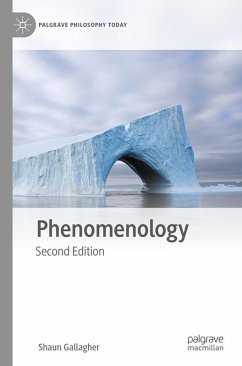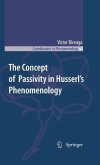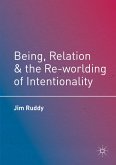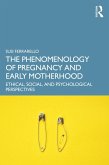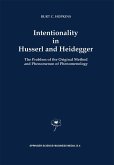Key features:
- Explores debates about naturalizing phenomenology and reviews recent extensions of phenomenological methodology. Relates the phenomenological analysis of intentionality to discussions of enactive perception.
- Includes a discussion of the phenomenology of performance and a new chapter on critical phenomenology.
- Examines specialized topics in phenomenology, including Husserl's concept of hyletic data, embodiment, time-consciousness, action, intersubjectivity and self-consciousness.
- Each chapter concludes with suggestions for further reading.
This book is essential reading for all undergraduate and graduate philosophy students taking courses in phenomenology. It is also ideal for use on cognitive science modules that incorporate a phenomenological perspective.
Shaun Gallagher, PhD, Hon DPhil., is the Lillian and Morrie Moss Professor of Excellence in Philosophy at the University of Memphis, and Professorial Fellow at the University of Wollongong. He has held Honorary Professorships at Copenhagen, Durham, and Tromsø, visiting positions at Cambridge, Lyon, Paris, Berlin, Oxford and Rome and was Humboldt Foundation Anneliese Maier Research Fellow (2012-18).
Dieser Download kann aus rechtlichen Gründen nur mit Rechnungsadresse in A, B, BG, CY, CZ, D, DK, EW, E, FIN, F, GR, HR, H, IRL, I, LT, L, LR, M, NL, PL, P, R, S, SLO, SK ausgeliefert werden.
"What makes this book one of the best of its kind is its focus on current practice rather than on philosophical tradition. As a result, the reader gets a concise introduction that makes do without much technical jargon and instead clearly argues for a particular way of doing phenomenology. This is both elegantly simple and excitingly provocative." - Julia Jansen, University College Cork, Ireland
'This is an outstanding introduction to phenomenology, that provides a careful and lucid orientation to classic phenomenological concepts and issues, in their historical and scholarly context, and an education into doing phenomenology, through engagement with recent discussions and results in philosophy and science. It is an excellent resource for philosophers and scientists new to phenomenology, and for those looking for a state of the art synthesis of the discipline and its possibilities.' David Morris, Concordia University, Canada

